The Meaning Behind the Eye of Horus
08-29-2024
August 29, 2024
At Gibson Capital, the Eye of Horus is more than just a symbol—it represents vision, protection, and the journey of healing and transformation. Prominently featured in our logo, the Eye of Horus holds deep personal significance and historical meaning, tying together themes of sacrifice, wisdom, and the ability to see beyond the visible.
The Personal Connection
After my father passed away in November 2021, I found myself inexplicably drawn to the Eye of Horus. At the time, I didn’t fully understand its symbolism, but I felt a strong connection to it, as if my father was guiding me toward this ancient emblem. The Eye of Horus, as I would later learn, is a powerful symbol of protection, healing, and the triumph of good over evil—all qualities that resonate deeply with me as I carry on my father’s legacy.
The Mythological Significance
The Eye of Horus has its roots in ancient Egyptian mythology. The story goes that Horus, the falcon-headed god, had his left eye torn out during a fierce battle. This eye was later healed by the deity Thoth and other gods, and Horus then offered it to his deceased father, Osiris, to sustain him in the afterlife. This act of sacrifice and healing symbolizes the Eye of Horus as a source of restoration and protection.
A Symbol of Vision and Protection
In ancient Egypt, the Eye of Horus was not just a mythological symbol; it was used in amulets to protect against evil and ensure the well-being of the wearer. It represents the third eye, the lens through which reality is perceived, and the ability to see beyond the ordinary. The Eye of Horus is shaped like the thalamus in the brain, which is responsible for processing sensory information and connecting it to the neocortex, where conscious thought occurs. This connection between the symbol and human anatomy is a testament to the ancient Egyptians’ profound understanding of the body and mind.
The Legacy of Horus and Osiris
The Eye of Horus also embodies the relationship between father and son. Just as Horus dedicated his eye to his father Osiris, helping to sustain him in the afterlife, I strive to honor my father’s memory through the work we do at Gibson Capital. This symbol serves as a reminder that our vision is not limited to the present but is connected to the past and the future.
Why It Matters to Us
At Gibson Capital, the Eye of Horus reflects our commitment to seeing beyond the visible, protecting our clients’ financial well-being, and helping them navigate through life’s challenges with wisdom and foresight. It reminds us that, like Horus, we must face our battles with courage and offer our best to those we serve.
Incorporating the Eye of Horus into our logo is a tribute to these enduring values and a reflection of the deep, personal connection I feel to this ancient symbol. It stands as a beacon of protection, healing, and the power of vision—qualities we strive to embody every day.
